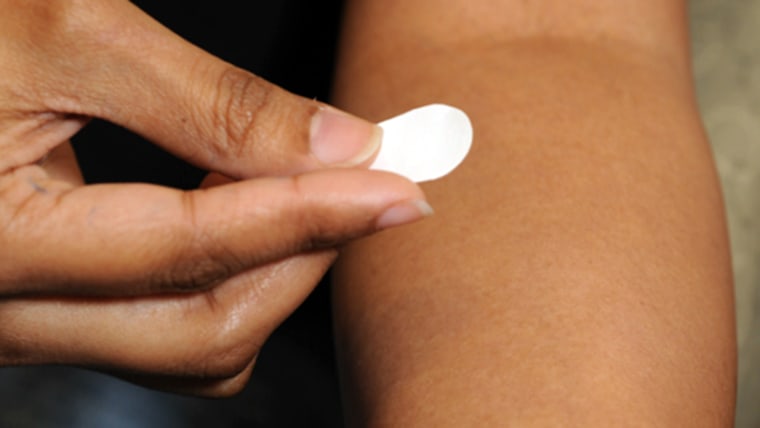

medicalpubs/diseasemanagement/neurology/tremors/ You can learn more about how we ensure our content is accurate and current by reading our editorial policy. Healthline has strict sourcing guidelines and relies on peer-reviewed studies, academic research institutions, and medical associations. changes in sensations, such as numbness.tingling in your hands, feet, and other extremities.There are three types of myopathy, and the most common, which includes muscle weakness, is myositis. Myopathy is a condition that happens when your muscle fibers don’t function properly. Spinal muscular atrophy is a genetic condition that causes you to lose motor neurons over time. Peripheral neuropathy is the most common, affecting more than 20 million people in the United States alone. Neuropathy happens when nerves become damaged by injury, repetitive motion, and conditions like diabetes and kidney disorders that cause harmful toxins to build up in your body. Hand tremors are one of the first symptoms of Parkinson’s, a condition in which neurons in your brain are lost over time. ALS is a type of nervous system condition that happens when motor neurons, which help transmit nerve signals from your brain to your muscles, weaken and die over time. Thumb twitching can also be a symptom of a central nervous system condition: The constant motion of typing or pressing buttons can make your thumbs twitch if you don’t regularly rest them. Using your thumbs for a long period of time on your mobile phone or other can cause weakness, fatigue, or stress in your thumbs. These twitches usually don’t last long and may appear irregularly. Anxiety and stress may trigger benign twitching in your thumbs as well as your calves or eyelids. Your thumb muscles can twitch at any time without warning. These metabolism disorders can include having low potassium absorption, kidney disease, and uremia (having urea, a component of urine, at high levels in your blood). Medical conditionsĬonditions that affect your body’s ability to metabolize (produce energy) can affect your muscles. The muscle tension that results from stress can trigger muscle contractions all over your body. Stress is one of the most common causes of thumb twitching. Not getting enough of certain vitamins and nutrients, such as B-12 or magnesium, can cause thumb twitching. Extra lactate is stored in the muscles, and when it’s needed, it can cause muscle contractions. This happens when your body doesn’t have enough oxygen to turn a metabolic substance called lactate into energy.

Your muscles are prone to twitching after exercise, especially high-intensity exercises like running or lifting weights. Diuretics for urinary issues, corticosteroids, and estrogen supplements may all have this side effect. Drug side effectsĬertain medications can cause thumb twitching. If you don’t get enough sleep, neurotransmitters can build up in your brain nerves, causing thumb twitching. A drug overdose includes substances that are perfectly safe in moderation, such as caffeine or over-the-counter energy drinks, but also includes dangerous stimulants like amphetamines or cocaine. Taking stimulants can make your muscles twitch. This rare muscle condition, also known as benign fasciculation syndrome, causes your muscles to twitch and cramp because of overactive nerves. One rare condition with this symptom is Isaacs’ syndrome. Some conditions can cause your nerves to stimulate your muscles involuntarily. Others are caused by conditions that affect your nervous system.

Some causes of thumb twitching result from your lifestyle, such as your exercise routine or diet.


 0 kommentar(er)
0 kommentar(er)
